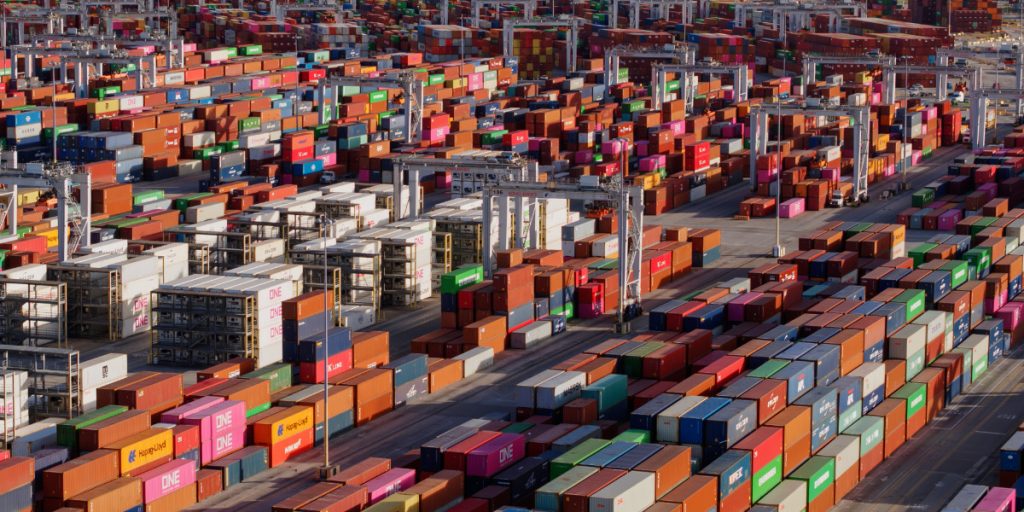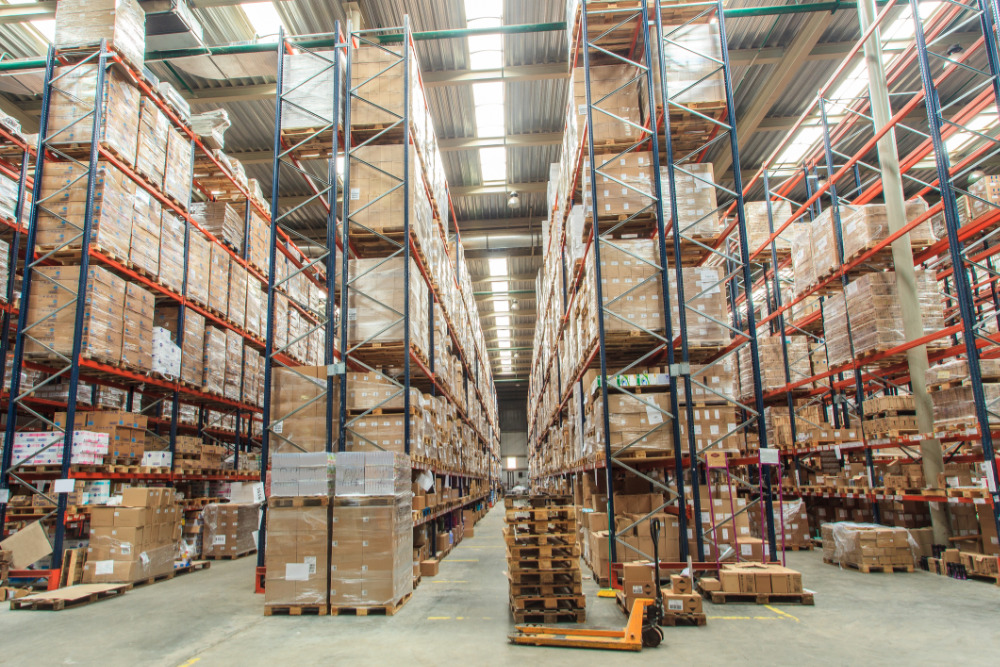The Deliberate Ignorance of Global Supply Chains

One of the truly strange by-products of globalisation and just-in-time production is the ruthless efficiency yet deliberate ignorance of the global supply chains that make this system work. Today, most, if not all, large companies with global supply chains have no real idea about HOW their supply chains actually work.
They have near-perfect visibility and knowledge of WHEN and WHERE products will arrive for the next step in this vast chain, but the company at the end that puts their brand on the final products would know little or almost nothing about WHO was involved at every step of the way. From a regulatory compliance and legality perspective this is incredibly convenient as it imparts plausible deniability on the brand owners who are usually in the sight of activists and authorities.
This seemingly strange approach makes perfect sense when you consider that supply chains are optimised for efficiency and variability of supply. The supply chain is never static, in order to keep the just-in-time supply going at all times, the chain needs to be able adapt quickly to changes in the availability of raw materials, parts, machinery and labour. Constant product changes and changes in transport flows means that any ‘link’ in the chain can be replaced at short notice.

When your primary aim is to keep the chain going on-time, on-budget and without interruptions then it is actually beneficial to not know and not care about HOW the chains works and WHO is involved at every step. This deliberate opaqueness helps those who manage the chain to keep it going to reduce complexity and it affords every link in the chain the capacity to constantly improvise.
In practice this means that anything other than the WHAT, WHERE and WHEN of the flow of goods in the chain is treated as a black box and therefore rendered irrelevant.
If, for example, an aggregator or exporter of raw python skins in Indonesia has to make a shipment this week but the nominated processor of pythons is shut down due to a cyclone, it will put all its effort into finding replacement skins at minimal notice, not on checking if the pythons were legally harvested or slaughtered in a humane fashion. Why? Because they know that nobody is going to ask. The ONLY questions that would be asked are about a delay in the shipment, as that would affect the whole chain.
The end result of this relentless push towards efficiency and responsiveness to constantly changing supply and demand is that the system as a whole becomes unknowable. It also renders any sustainability statements made by the brand name owners rather meaningless and explains why they are never backed up by any concrete evidence.
For example, in 2020 Kering for the first time published a ‘dedicated biodiversity strategy’. In it, Kering stated in relation to its use of CITES listed species:

This may sound useful, but it comes without any detail on HOW Kering would ‘ensure that all plant and animal-based raw materials in its supply chain come from legal, verifiable sources’. The reason why the HOW was omitted should be obvious from the discussion above – Kering (or any other company making similar commitments) has no way of knowing. We could go further and marvel about the use of qualifying phrases such as ‘at a minimum’ and ‘closely adhering to guidance’, but it should already be clear that the whole ‘commitment’ is just greenwashing.

Let’s assume that Kering would take its commitment to ‘ensure that all plant and animal-based raw materials in its supply chain come from legal, verifiable sources’ seriously. As we saw above, any current, just-in-time supply chain cannot handle this commitment. It runs counter to both the efficiency drive and the need to maintain black boxes so that improvisation can continue.
Ensuring that all raw materials such as python skins come from legal and verifiable sources means knowing not just the WHAT, WHEN and WHERE at all times, but also the WHO the goods were acquired from and HOW the good were obtained and processed by the supplier. It is possible to do this in a static supply chain by using supplier certification, monitoring and regular inspections, but this approach is not compatible with a dynamic supply chain optimised for price and on-time delivery.
Procurement for any modern corporation is a cost centre driven to relentlessly bring prices down, not to worry about the legality of any individual shipment six levels removed from final manufacturing. This is one of the major reasons why the legal trade in endangered species and the illegal trade have become so intertwined as to be considered inseparable. Illegal shipments can only be discovered as illegal if traceability to the ultimate source is possible. Once they have entered a legal supply chain, that will usually only be possible in rare cases where DNA or radioisotope analysis are conducted and can prove illegality.
As long as companies are allowed to operate under the assumption that their sole responsibility is to shareholders and increasing profitability, this is not going to change. Accountability needs to be broadened to the environment and broader society, combined with harsh penalties for non-disclosure and non-compliance. The EU proposal for a directive on corporate sustainability due diligence could be a great first step in this direction.
Our work is entirely reader-supported, so if you enjoyed this article please consider sharing it around, following us on Twitter or LinkedIn, or throwing some money into our tip jar on Paypal. Everything we publish is open access. Finding the time to do the research and writing is helped by the goodwill of people who are also looking for real answers to what is happening. The best way to make sure you don’t miss the articles we publish is to subscribe to the mailing list at our website.

Peter Lanius is a physicist by training who has worked in IT, Telecoms and as an executive coach across many industries. He believes in collapsing early to avoid the rush and lives on a 20acre property in regional Australia.





